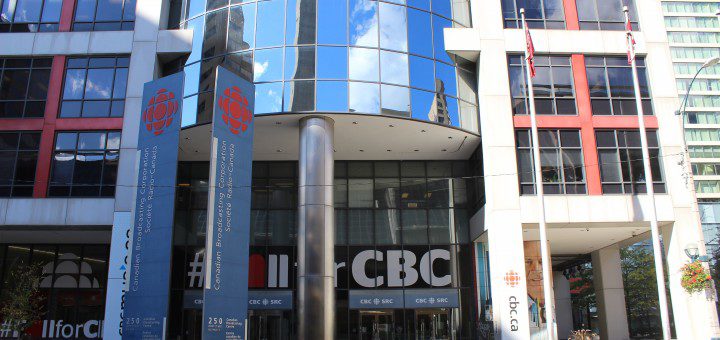CBC Ombudsman: Climate heat: Disputing the cause of climate change
CBC Ombudsman Esther Enkin points out that to provide dubious scientific information as a balance to satisfy people who reject the judgment of most scientific organizations and credible client scientists was false equivalence
The complainant, Bob Perry, thought a Bob McDonald blog on the fifth IPCC climate change study was biased and required the voices of those who dispute its findings and the conclusion that there is consensus on climate change. Once again, I pointed out that to provide dubious scientific information as a balance to satisfy people who reject the judgment of most scientific organizations and credible client scientists was false equivalence. The blog did not violate CBC policy.
COMPLAINT
You took issue with a blog written by science writer and Quirks & Quarks radio host Bob McDonald. Entitled “Urgent IPCC climate change warning demands action,” it talked about the results of the fifth IPCC (Intergovernmental Panel on Climate Change), which was a synthesis of the first four. Mr. McDonald stated in his blog that this report sent a clear message about climate change:
The message from the scientists is now clear. Fossil fuels must be gone by 2100 or we will pass a tipping point into a future calamity.
You took exception to this because in your opinion, “the science of climate change has not been settled.” You thought it wrong that he did not take into consideration other contrary evidence:
Mr. McDonald clearly implies his support for the position taken by the IPCC in its latest report that global warming is anthropogenic, a result of an increase in CO2 in the atmosphere, and governments need to take actions now to reduce these emissions. By doing so he has effectively dismissed the large body of evidence generated over a long period of time by well qualified and experienced climate scientists from around the world (including Canadians), and those connected with these climate scientists, who support the theory/hypothesis of natural climate change.
In later correspondence you heavily cited the work of Christopher Monckton, 3rd Viscount Monckton of Brenchley, as well as others who are “expert reviewers” of the fifth IPCC report referenced by Mr. McDonald in his blog. You cite studies by him and several others which dispute the often quoted figure of 97% consensus of peer reviewed studies by climate scientists that climate change, caused to a large degree by human activity, exists. You accuse CBC News of willfully ignoring these and other studies you believe have the same weight and authority to dispute anthropogenic global warming. You characterize this as “AGW consensus misinformation, and misinformation relying on AGW consensus.” You believe that the consensus, far from being at 97%, is at less than 1% and CBC news is obliged to report this fact along with other evidence and theories of climate change.
You also objected to the fact Mr. McDonald said politicians have been slow to respond to the evidence presented in these studies.
Although you acknowledge you are aware that Mr. McDonald is not a full-time CBC contributor and as such is not in violation of CBC policy when providing commentary or opinion, you feel this is wrong and confusing to the audience.
MANAGEMENT RESPONSE
Gary Graves, the executive producer of CBCNews.ca, replied to your concerns. He pointed out that Mr. McDonald’s blog was not a news story, and was labelled as Mr. McDonald’s views of the situation since it was marked as a blog. He told you that CBC Journalistic Standards and Practicesallows journalists to “make judgment calls”:
In other words, they are free to reach conclusions, to develop a point of view, if you will, based on facts, on the evidence at hand. That was the case here. While CBC policy expects journalists to refrain from expressing or advocating an unsubstantiated point of view, it does not preclude experienced journalists from bringing their knowledge and background to bear and drawing conclusions based on evidence. That is what Mr. McDonald did.
He pointed out that in the past when I have written reviews of complaints about the lack of coverage of the position that climate change is not happening and/or not caused by human activity, I have said that in light of the overwhelming consensus on the matter, there is no need to provide equivalence.
To continue reading this column, please go to ombudsman.cbc.radio-canada.ca where it was originally published.


